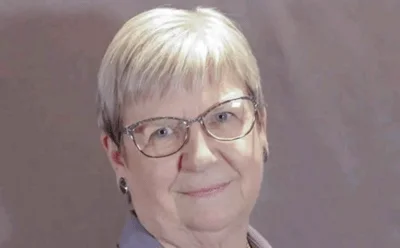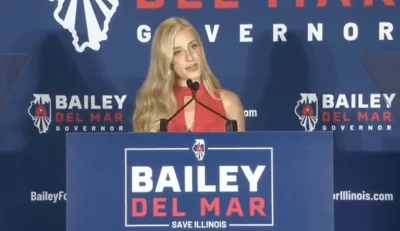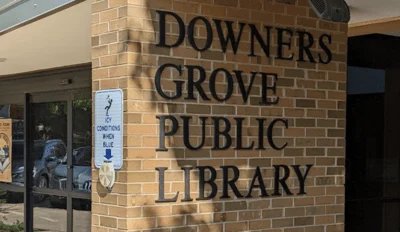Rep. Patricia Bellock (R-Hinsdale) will not give up on seeing further awareness for mental health and addiction parity in the insurance industry.
“I just want to say I feel that Illinois going back 15 years ago, we did one of the first parity laws in the state of Illinois, then we did a second parity law even before the feds ever did a parity law, so I think we are on the right track, I just think we all need to pull together,” Bellock said at Friday's House Mental Health Committee hearing on addiction parity, which dealt largely with mentally ill and addicted patients not receiving timely care due to insurance coverage that has proven to result in death.
During the lengthy hearing that included separate panel witnesses, Bellock became the voice of reason halfway through when the hearing became heated between Illinois Department of Insurance Director Jennifer Hammer and a few lawmakers questioning the department's parity insurance policy, specifically questioning the 200 mental health and addiction parity complaints out of the 8,000 grievances taken by the department in 2017.
“The debate has gotten somewhat contentious,” Bellock said, adding she felt the committee was “getting caught up on the numbers,” rather than the resolution. The representative said from her point of view, the low numbers could be the result of personal mental health and addiction parity complaints going through patients' private insurance companies rather than directly through the Illinois Department of Insurance.
Hammer agreed.
“I think a lot of the times the default is that you look at the back of your card and call your insurance company and try to resolve that issue,” Hammer said. “We are another process that maybe started at the same time, and we invite consumers to call us.”
Bellock also addressed several recovering residents from A Safe Haven, a Chicago-based nonprofit foundation that assists addicted and mentally ill residents transition from homelessness to full rehabilitation.
“I just wanted to say thank you to each and every one of you for your testimony,” Bellock said to the residents who shared their personal success stories of recovery after multiple drug overdoses, homelessness and long-time family estrangement. “Not only were you articulate, you were inspiring.”
The panel of Safe Haven witness stories brought on more questions by Bellock, who asked Hammer how the Department of Insurance could help see that future addicted and mental health patients are not cut off by their insurance companies when receiving the long-term help needed for a successful recovery.
“Could their (Safe Haven) group get a power of attorney and complain to the Department of Insurance,” Bellock asked.
Hammer confirmed the recourse, adding, “I think that is where stakeholders can play a huge role here in solving this epidemic in this crisis, and help us help the consumers in such a desperate need at that time.”







 Alerts Sign-up
Alerts Sign-up